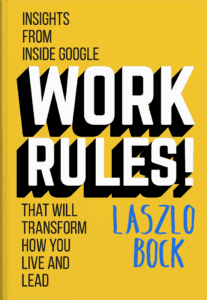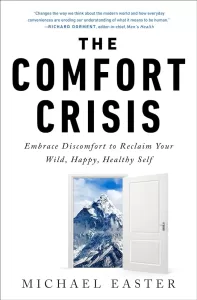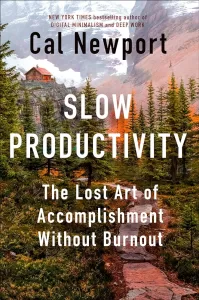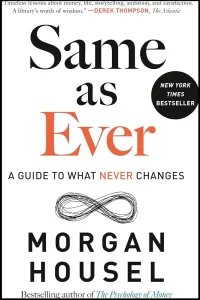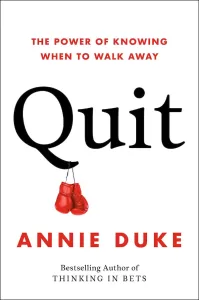Book Review: “Work Rules!”
Book: Work Rules! by Laszlo Bock
Reviewer: Bobby Powers
My Thoughts: 9 of 10
Work Rules! is a bible for recruiters, HR managers, and executives. I realized how good this book was when I recommended it to our company recruiter and he told me that he had already read it twice and begun incorporating the book's principles into our hiring process. Author Laszlo Bock offers a rich background of HR experience from his work at Google, and even shares the results of several groundbreaking projects and studies from Google's People Operations team.
Takeaways from the Book
Leadership
- “Leaders who build the right kind of environments will be magnets for the most talented people on the planet.”
- “Managers serve the team.” -Eric Schmidt
- “We’ve found that trusting people to do the right thing generally results in them doing the right thing.”
- “As Larry (Page) often says: If your goals are ambitious and crazy enough, even failure will be a pretty good achievement.”
Think Like an Owner
- “All it takes is a belief that people are fundamentally good—and enough courage to treat your people like owners instead of machines. Machines do their jobs; owners do whatever is needed to make their companies and teams successful.”
- “It is within anyone’s grasp to be the founder and culture-creator of their own team, whether you are the first employee or joining a company that has existed for decades.”
- “Whatever you’re doing, it matters to someone. And it should matter to you. As a manager, your job is to help your people find that meaning.”
- “The man who does not get a certain satisfaction out of his day’s work is losing the best part of his pay.” -Henry Ford

Hiring and Interviews
- “Our single greatest constraint on growth has always, always been our ability to find great people.”
- “We wanted to hire ‘smart generalists’ rather than experts. [Other] firms were mystified that we’d prefer hiring someone who was clever and curious over someone who actually knew what he was doing.”
- “There have been volumes written about how ‘the first five minutes’ of an interview are what really matter, describing how interviewers make initial assessments and spend the rest of the interview working to confirm those assessments…Psychologists call this confirmation bias, ‘the tendency to search for, interpret, or prioritize information in a way that confirms one’s beliefs or hypotheses.’”
- “There’s no correlation between fluid intelligence (which is predictive of job performance) and insight problems like brainteasers.”
- “Typical, unstructured job interviews were pretty bad at predicting how someone would perform once hired. Unstructured interviews have an r-squared of 0.14, meaning that they explain only 14 percent of an employee’s performance...The best predictor of how someone will perform in a job is a work sample test (29 percent)...The second-best predictors of performance are tests of general cognitive ability (26 percent).”
- “We do our interviewing based on really testing your skills. Like, write some code, explain this thing, right? Not look at your resume, but really see what you can do.”
- “Before you start recruiting, decide what attributes you want and define as a group what great looks like. A good rule of thumb is to hire only people who are better than you. Do not compromise. Ever.”
- “If you’re hiring people who are better than yourself, most other people issues tend to sort themselves out.”
- “At Google, we front-load our people investment. This means the majority of our time and money spent on people is invested in attracting, assessing, and cultivating new hires. We spend more than twice as much on recruiting, as a percentage of our people budget, as an average company.”
- "We want the people who will perform their best here, not the ones who will perform their best elsewhere.”
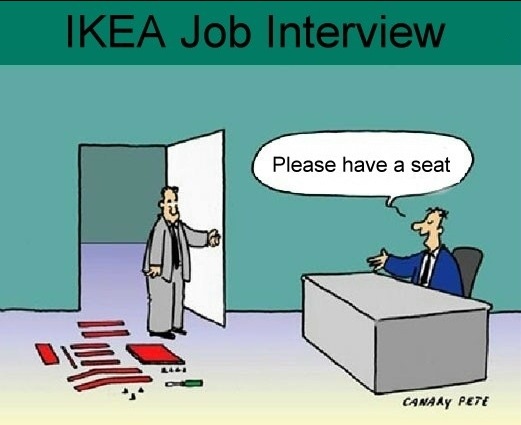
Work Culture
- “In most organizations, you join and then have to prove yourself. At Google, there’s such faith in the quality of the hiring process that people join and on their first day are trusted and full members of their teams.”
- “We look across our portfolio of talent and ensure we have the right balance of generalists and experts.”
- “Our operating assumption is that anything we’re doing, we can do better.”
- “If you want a nonhierarchical environment, you need visible reminders of your values. Otherwise, your human nature inevitably reasserts itself. Symbols and stories matter.”
- "Innovation thrives on creativity and experimentation, but it also requires thoughtful pruning.”
Google's "Project Oxygen"
- “Teams working for the best managers also performed better and had lower turnover. In fact, manager quality was the single best predictor of whether employees would stay or leave, supporting the adage that people don’t quit companies, they quit bad managers.”
- The 8 Project Oxygen attributes shared by top managers: (1) Be a good coach. (2) Empower the team and do not micromanage. (3) Express interest/concern for team members’ success and personal well-being. (4) Be very productive/results-oriented. (5) Be a good communicator—listen and share information. (6) Help the team with career development. (7) Have a clear vision/strategy for the team. (8) Have important technical skills that help advise the team.
- “Unexpectedly, we found that technical expertise was actually the least important of the eight behaviors across great managers. Make no mistake, it is essential. An engineering manager who can’t code is not going to be able to lead a team at Google. But of the behaviors that differentiated the very best, technical input made the smallest difference to teams.”
Training
- “Have the people who are best at each attribute train everyone else. We ask our Great Manager Award recipients to train others as a condition of winning the award.”
- “I promise you that in your organization there are people who are expert on every facet of what you do, or at least expert enough that they can teach others.”
- "Individual performance scales linearly, while teaching scales geometrically.”
- “Training is, quite simply, one of the highest-leverage activities a manager can perform.” -Andy Grove
- "Engage in deliberate practice: Break lessons down into small, digestible pieces with clear feedback and do them again and again.”
Compensation
- 4 principles: (1) Pay unfairly. (2) Celebrate accomplishment, not compensation. (3) Make it easy to spread the love. (4) Reward thoughtful failure.
- “Pay unfairly. Your best people are better than you think, and worth more than you pay them."
- “In a misguided attempt to be ‘fair,’ most companies design compensation systems that encourage the best performers and those with the most potential to quit…Why would a company design a system that makes the best and highest-potential people quit? Because they have a misconception of what is fair and lack the courage to be honest with their people."
Think you’d like this book?
Other books you may enjoy:
How Google Works by Eric Schmidt and Jonathan Rosenberg
Creativity, Inc. by Ed Catmull with Amy Wallace
Other notable books by the author:
(None)
